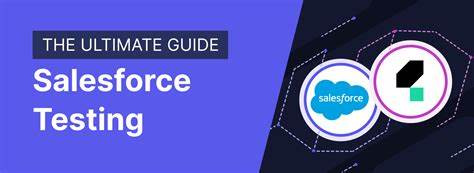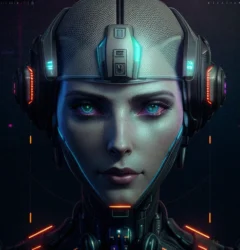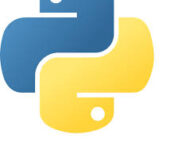Salesforce is taking steps to ensure its AI models perform accurately, even with unexpected data. The company recently filed a patent for an “automated testing pipeline for neural network models.” This technology helps developers predict whether their AI models will maintain accuracy when dealing with “unseen queries,” using customer service bots as a primary example.
Salesforce Model Tester
Typically, developers test their AI models using a subset of the original training data. However, Salesforce notes that this approach may not be ideal for smaller datasets or when real-time data differs significantly from the training set. To address this, Salesforce’s system creates both easy and hard evaluation datasets from real-time customer data. The “hard” datasets contain queries significantly different from the training data, while the “easy” datasets are more similar.
The system begins by passing customer data through a “dependency parser,” which filters out specific actions or verbs representing meaningful commands. Then, a pre-trained language model ranks the queries based on their similarity to the training data. A “bag of words” classifier removes queries that are too similar, ensuring the testing data is diverse.
These curated datasets are used to evaluate the model’s performance. The pipeline also includes a “human-in-the-loop” feedback mechanism to notify developers when a model isn’t performing well, allowing for adjustments.
Salesforce’s primary AI product, Einstein, enables customers to create generative AI experiences using their data. Unlike some companies that focus on building massive AI models, Salesforce aims to empower enterprise clients to develop their own models, according to Bob Rogers, Ph.D., co-founder of BeeKeeperAI and CEO of Oii.ai.
This patent could enhance Salesforce’s offerings by ensuring the AI models built under its platform function as intended. “I think Salesforce wants Einstein to generate more leads and faster. And if that’s not happening, it could be a miss for Salesforce,” Rogers said.
The patent’s emphasis on improving customer service chatbots suggests Salesforce is focusing on AI-driven customer interactions. This is in line with the company’s recent unveiling of its fully-autonomous Einstein Service Agent, highlighting where Salesforce believes the most traction for Einstein might be.
Rogers noted that while creating tools for customers to build their own AI models is challenging, Salesforce’s approach stands out in a market dominated by companies like Google, Microsoft, and OpenAI, which offer ready-to-use AI services. “At the end of the day, most AI utilization is still people saying, ‘solve my problem for me,'” Rogers said.












